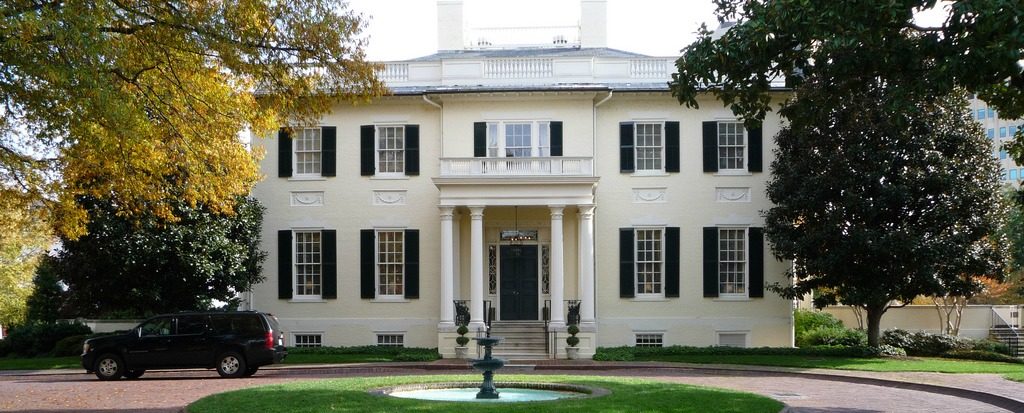Ed Gillespie, a Republican who narrowly lost a U.S. Senate seat two years ago, is favored to become the Republican nominee for governor next year, according to a new University of Mary Washington poll.

Among the 1,006 adult Virginians surveyed, 19 percent favored Gillespie, compared to 11 percent supporting Virginia Sen. Frank Wagner who represents a Virginia Beach area district; 8 percent who favored U.S. Rep. Rob Wittman (R-Montross); and 6 percent who preferred Corey Stewart, chairman of the Prince William County Board of Supervisors.
But “don’t know” finished first. Forty percent of Virginians said they did not have a preference. The survey was conducted for UMW by Princeton Survey Research Associates September 6-12.
“Gillespie ran a statewide race two years ago, so right now he is somewhat better known around the state,” said Stephen J. Farnsworth, professor of political science at UMW and director of the University Center for Leadership and Media Studies, which sponsored the survey. “But the challenge for Gillespie and for the other three Republican candidates is to become better known across the commonwealth before next year’s primary.”
Since Democratic Gov. Terry McAuliffe cannot run for re-election because of term limits, Democrats appear to be lining up behind Lt. Gov. Ralph Northam as that party’s nominee for governor in 2017. Virginia Republicans recently decided to select the Republican nominee through a primary, not a party convention. Because Virginia does not register voters by party, any registered voter can participate in a party primary.
Of the four Republican candidates, Gillespie is the most familiar name across the state given his narrow loss to Democratic Sen. Mark Warner in 2014, but even then Gillespie is not well-known. Of those surveyed, 16 percent said they had a favorable opinion of Gillespie, 10 percent had an unfavorable opinion and 71 percent said that they hadn’t heard enough about him to offer an opinion.
Nine percent had a favorable opinion of Wittman, whose sprawling 1st Congressional District stretches from Prince William County to the Hampton Roads area. Four percent had an unfavorable opinion of him and 84 percent didn’t know enough to offer an opinion.
Eight percent had a favorable opinion of Wagner, with five percent saying they had an unfavorable view. Seven percent had a favorable opinion of Stewart, as compared to 4 percent with an unfavorable view. More than 80 percent did not know enough about either candidate to express an opinion.
Northam also was a mystery to most Virginians. Six percent of those surveyed said that they had a positive opinion, 4 percent a negative one, and 86 percent said they did not know enough about Northam to express an opinion.
All four hypothetical general election matchups between Northam and the four Republican candidates were within the survey’s margin of error, with no candidate in any of the head-to-head contests receiving more than 40 percent or less than 35 percent of the support of Virginians.
The UMW survey of 1,006 Virginia adults included 397 landline interviews and 609 cell phone interviews. The margins of error are ±3.6 percentage points for results based on full sample, ±3.9 percentage points for results based on registered voters [N=852], and ±4.4 percentage points for results based on likely voters [N=685].
For the full survey, see the Topline.
For further information, contact Stephen J. Farnsworth sfarnswo@umw.edu or 703-380-3025.